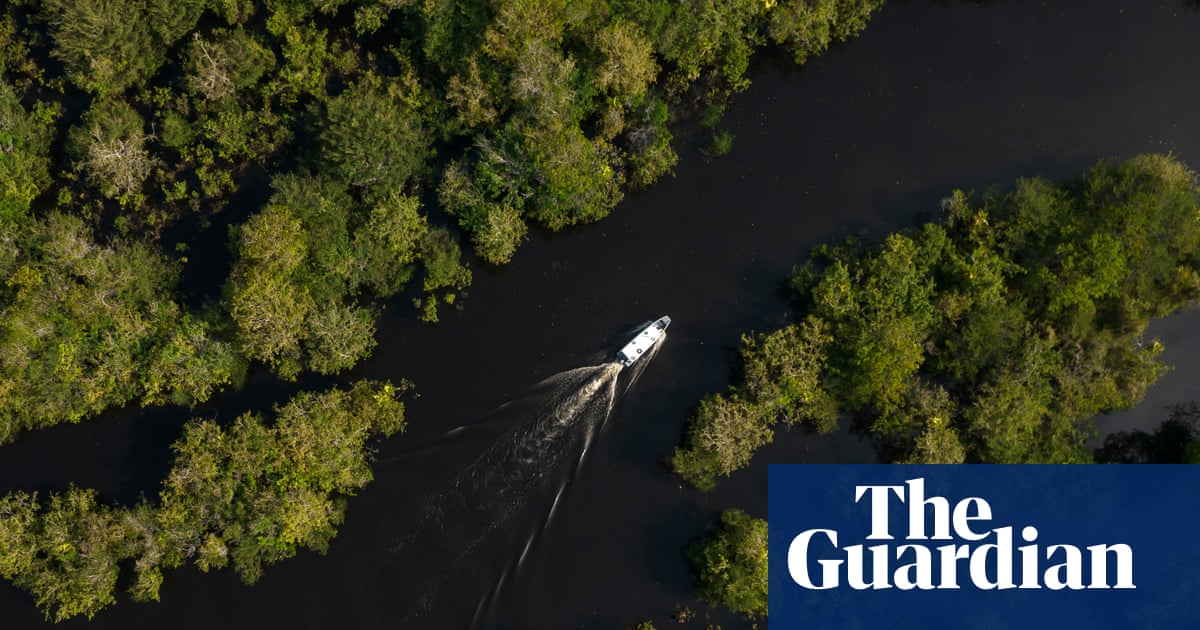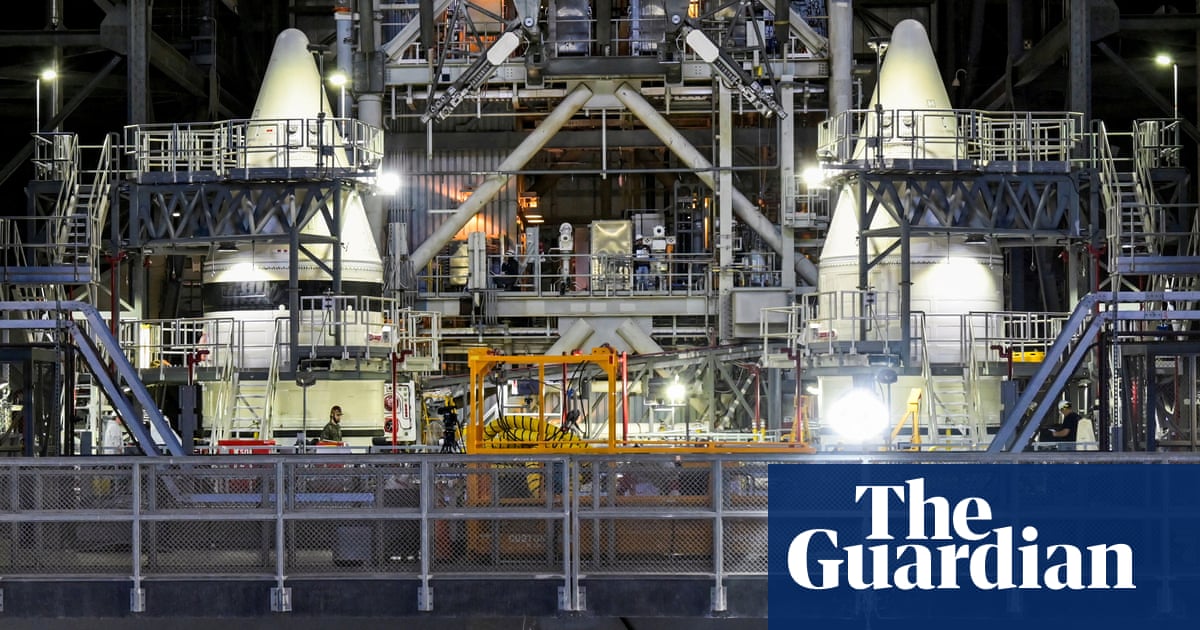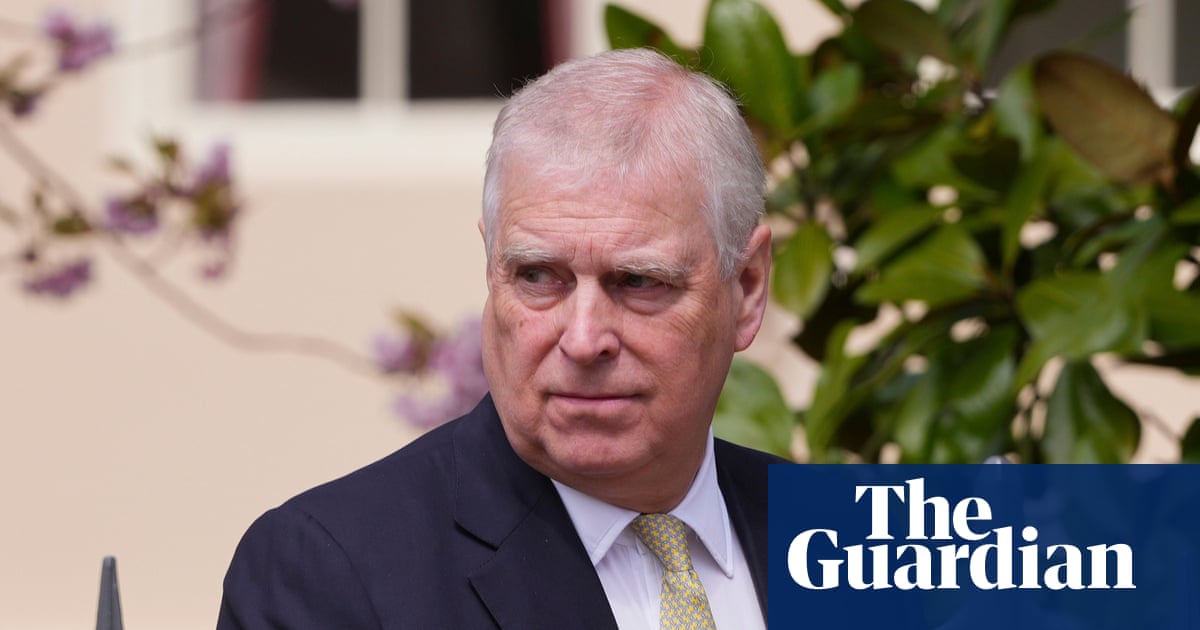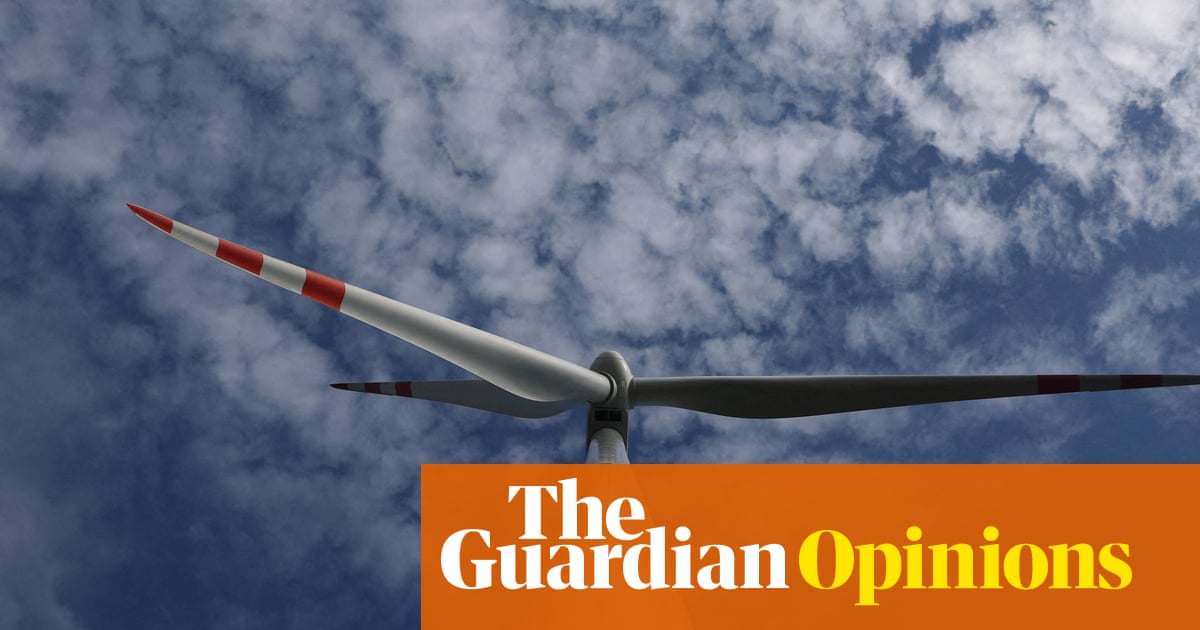Peering out on a clear day from the windswept dunes that dapple the north-western tip of Germany, on a gull-shaped island in the Wadden Sea nature reserve, tourists hoping to spot seals may soon see a dark metal platform rise out of the water.
The planned structure is one of several fossil fuel projects that Germany is pushing to build despite a legal deadline to stop polluting the atmosphere with carbon emissions in 20 years’ time. The joint Dutch-German venture, which received the green light from regional authorities last month, seeks to extract 13bn cubic metres of gas from just outside a protected area at the marine border between the two countries.
Campaigners have criticised the project because it will mean drill for gas more than four years after the International Energy Agency warned that new oil and gas development was incompatible with its roadmap to stop the planet heating by 1.5C (2.7F). It has also frustrated residents of Borkum, the island closest to the platform, which is striving to end its own reliance on the fuel for heating by 2030.
“It’s been seen as a punch in the face,” said Jürgen Akkermann, the island’s independent mayor, who is working on the geothermal energy plans. “You’re taking care of it, you’re engaged – and then you get a gas platform shoved in front of your nose.”
Europe’s largest economy raced to find new gas providers after Russia’s full-scale invasion of Ukraine in 2022, ramping up piped supplies from Norway and building liquefied natural gas terminals at speed to import LNG from the US and elsewhere.
More quietly, it has also sought to drill for more at home. This summer, a court cleared the way for an important but contested cable for the project in Borkum, Lower Saxony, while drilling began at a separate test site in Bavaria. A third gas extraction project in Brandenburg has been delayed after state officials viewed the plans as being too vague to approve.
Activists say the dash for gas has sped up since a coalition of the centre-right Christian Democratic Union and centre-left Social Democratic party took office in April. The new economy minister, Katherina Reiche – a former lobbyist for utility companies who until May was the CEO of Westenergie, a subsidiary of E.ON – is pushing to build 20 gigawatts of gas-fired power plants by 2030, while calling for a “reality check” on Germany’s renewable energy plans.

Carla Reemtsma, a climate activist with Fridays for Future, said there had been “some wriggle room” under the last government’s Green party-led economy ministry but that the new coalition was “pushing for gas everywhere”. The field near Borkum was relatively small, she added, but would pave the way for more projects with a “catastrophic” impact on the planet.
“We’re just normalising the destruction of the climate,” she said.
Germany’s political enthusiasm to ditch fossil fuels has slumped as high energy prices have helped drive a surge in support for the far right, which has aggressively attacked green policy and sold the rollback of climate rules as a solution to the country’s economic strife.
By Borkum’s beach huts, where Reemtsma and other activists spelled out the words “STOP GAS” with big red letters in the sand this summer, residents say they are more worried by the threat that industrialisation poses. The quiet island – which attracted nationwide outrage last year for a festival tradition that involved costumed men beating women with cow horns – is economically reliant on its nature’s appeal to tourists.
The Wadden Sea is the largest unbroken system of intertidal sand and mud flats in the world, and Unesco has recognised it for wildlife-rich transition zones that include tidal channels, sandy shoals, seagrass meadows and mussel beds.
“We’ve been confronted with the ‘not in my back yard’ argument – that everyone wants gas but nobody wants to be affected by it,” said Akkermann. “But I always say: this isn’t just any back yard.”
Gas extraction is set to take place outside the protected marine area but the proposals require laying a cable through a rocky reef to connect the platform with an offshore windfarm, which has prompted legal challenges from green groups. In August, the Lüneburg upper administrative court overturned a ruling by a lower court that had paused part of the approval, clearing the way to lay the cable.
after newsletter promotion
The decision means the platform can now be powered by clean energy but has led to accusations of “greenwashing” from NGOs because the extracted fuels will still release large amounts of planet-heating gas when burned.
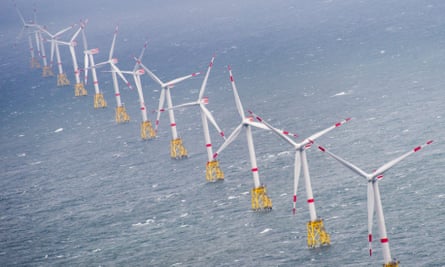
One-Dyas, the company behind the project, said it had taken steps to address local concerns by electrifying the platform and making it low and compact, so that it would be as visible from shore as container ships passing on the horizon. It added that its gas would be cleaner than LNG imports and said that stopping local production should be the last step on the path to carbon neutrality after phasing out coal and imported gas.
“The existing infrastructure in the North Sea also makes it a logical place to continue investing in new developments, as long as there is demand for natural gas,” a spokesperson said. “The inconvenient truth is that there are not yet enough renewable energy sources to meet the growing demand for energy.”
The German energy ministry, however, has suggested scaling back the expansion of renewables after presenting a controversial report into its energy policy that assumes electricity demand will grow slower than previously thought. The proposals, which green groups argue jeopardise climate targets, include cutting subsidies and building “only as much as we actually need and is economically efficient”.
The ministry said the security of supply and affordability were just as important as climate protection, but that Reiche stands by the coalition agreement, which commits Germany to climate neutrality by 2045.
“At the same time, achieving the climate targets is an ambitious and daunting task that must be tackled,” a ministry spokesperson said. “The federal government is committed to achieving these targets with the political measures at its disposal, while preserving Germany as an industrial location.”

.png) 4 hours ago
3
4 hours ago
3











